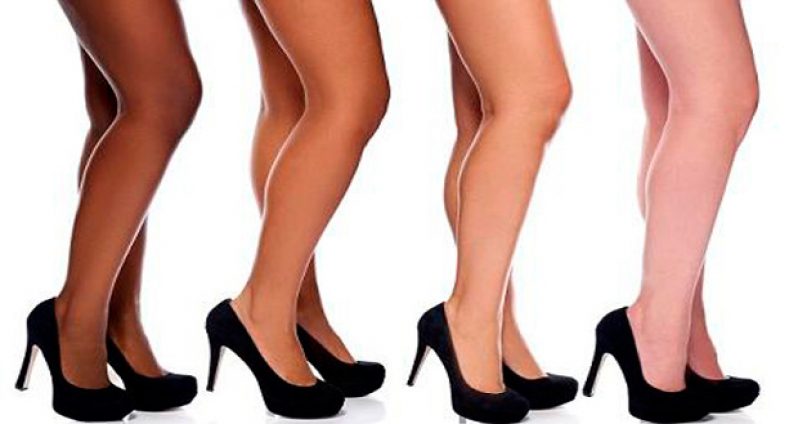WE’RE forever being told that beauty is “only” skin deep. Well, for many Black women and a few Black men, that’s disturbingly deep. It looks like the politics of Black beauty gets more complicated by the day. The era when skin-lightening was frowned upon as a self-hating practice is slipping away, and many Black people are being vocal about their desire to be lighter; their argument being that it’s a personal choice, just like the one White people make when they darken their skin by sunbathing.

So, what’s the problem here? And why does this issue make people (of all races) so uncomfortable? According to the great writer, Ama Agyemang, skin whitening is the lightening of the skin by cosmetic means. This is achieved in multiple by using various products such as skin whitening cream. Some people will go to great lengths to have lighter skin; the same also applies to people who want to have darker skin.
This is actually a touchy and controversial topic, but it is about preference. Being lighter in colour is deemed by many cultures and societies as a representation of true beauty.
Whether it is natural or chemical, safe or dangerous (and honestly, I don’t think those who use it care), why does skin-lightening in all its forms still have so many Black women under its spell, willing to risk the health of the body’s biggest organ? What is behind the “colour complex”?
In my opinion, variety is the spice of life, such as variety in food, clothes, hairstyles etc. And it also abounds in nature. That is why all people on earth belong to different types of skin colours, from white to yellow and to black. Many African women are influenced by the media that uses lighter skinned women in most of their advertisements. This pressure to look whiter or light-skinned paved a way for skin whitening products; some of which are helpful, and some of which are detrimental to one’s health. Many African women are also brainwashed into the believing that lighter skin is more attractive. My opinion is that beauty is both black and white, and everything in between.
Skin Bleaching Syndrome
The post-colonial root of African problems is directly related to skin colour. Under the cloak of personal preference, being light-skinned among African women has replaced dark skin as the native ideal. The aftermath is manifestation of the Bleaching Syndrome. Guidance and counselling professionals have overlooked the Bleaching Syndrome as relative to practice.
Different shades of colour, same beautiful legs
In recent years, the practice of skin lightening has come under fire because of its potential negative health effects. There is evidence to suggest that some types of skin-whitening products use active ingredients, such as mercurous chloride and hydroquinone, which can be harmful.
Hydroquinone and mercury are the main ingredients found in skin bleaching creams, and are considered toxic chemicals. These chemical compounds can cause side effects, and should only be used as directed. Hydroquinone is a strong inhibitor of melanin production, meaning that it prevents the skin from making the substance responsible for skin colour. Skin bleaching destroys the black pigment found in the epidermis (top layer of the skin). Exposure of the dermis layer, underneath the epidermis layer, to the harsh weather will increase the incidence of skin cancer.
When the dermis cannot compensate for the absence of the epidermis, and coupled with the hot sun, one becomes at a higher risk of cancer. Creams that alter skin pigmentation can have ingredients that are not compatible with every skin tone, and can thus have side effects. Toxic levels of mercury may lead to mercury poisoning which causes neurological and kidney damage, and may also lead to psychiatric disorders and severe birth defects.
So now, the ball is in you court; to bleach or not to bleach? In all that you do, just remember that beauty lies in the eye of its beholder, and ‘being natural is beauty in itself’.












